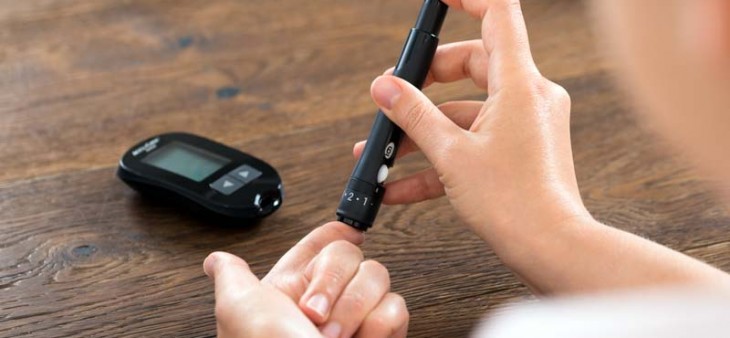
 Foot care is essential for people with diabetes. Diabetes can impede blood circulation in the foot and can also affect nerve endings which can cause peripheral neuropathy. Poor blood circulation will affect oxygenation in your foot, which may cause poor tissue healing. Insensitivity due to nerve problems brought about by diabetes can also increase your risk of foot injury.
Foot care is essential for people with diabetes. Diabetes can impede blood circulation in the foot and can also affect nerve endings which can cause peripheral neuropathy. Poor blood circulation will affect oxygenation in your foot, which may cause poor tissue healing. Insensitivity due to nerve problems brought about by diabetes can also increase your risk of foot injury.
Foot care for diabetes is essential for prevention and healing of wounds.
Here are the guidelines for you to do so:
[su_list_fav]- Get professional foot advice from a podiatrist at least every 6 months.
- Be foot hygienic; clean your feet including in between your toes.
- Have a closer look at your foot now and then, and watch out for sores, cuts, bruises, changes to toenails. You may even use a mirror to look at the sole of your foot.
- Change into a better and healthy lifestyle; loose weight, do not smoke and reduce alcohol consumption.
- Remember to cut your nails straight across and do not cut into corners.
- Always consult a podiatrist when you find corns and calluses; never attempt to remove them yourself.
- Avoid being barefoot even when you are at home; this depletes the chance of you getting an accidental damage.
- Find comfortable and well-fitted footwear; poor footwear for people with diabetes can cause many problems.
- Do not wear tight socks or hosiery; this may impede circulation.
The Penrith Physiotherapy & Allied Health Centre team of podiatrists have more than many years of combined experience to precisely assess and diagnose your condition. We have state-of-the-art 3D foot imaging laser scanner and computerised pressure plate system which we utilise to assess conditions and make the right orthotics when required.
